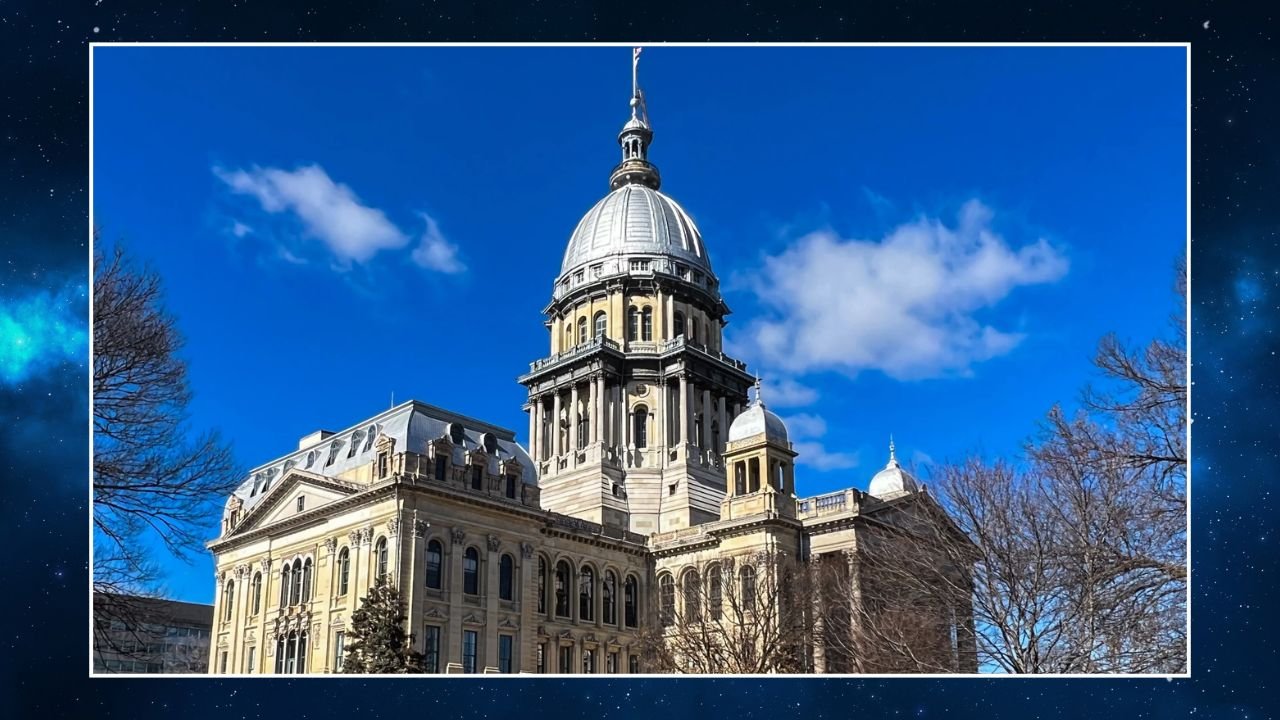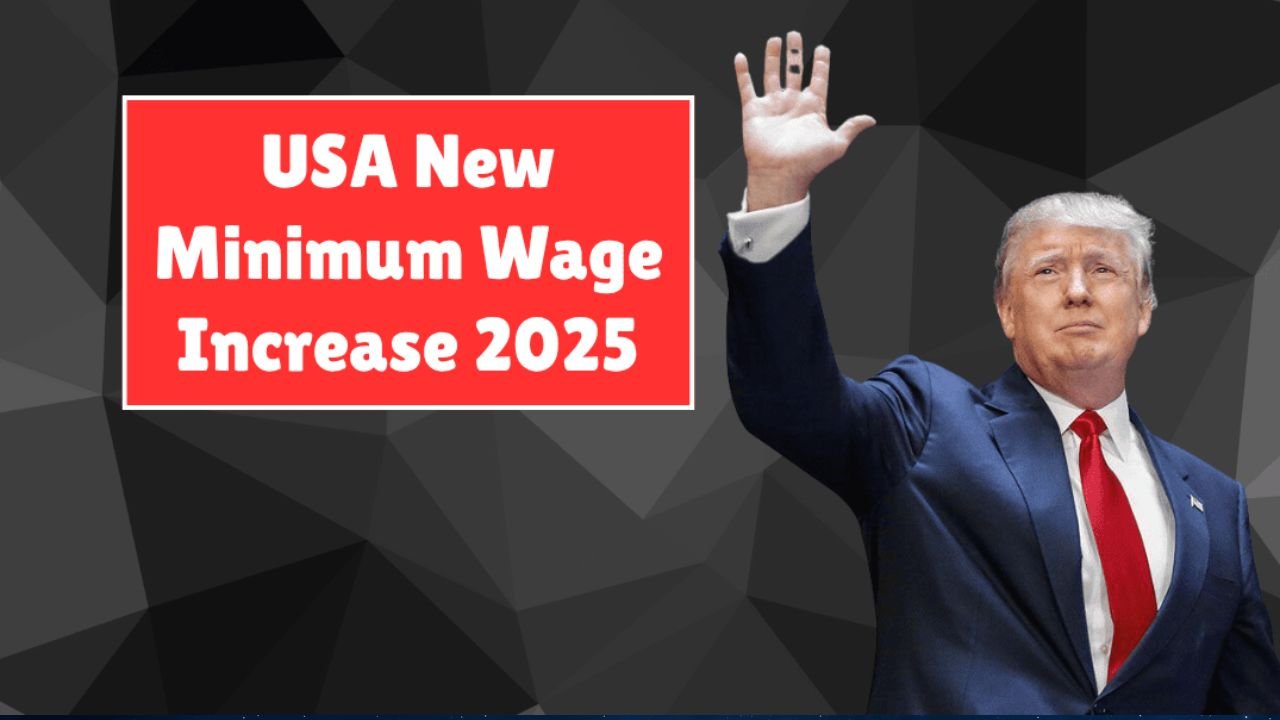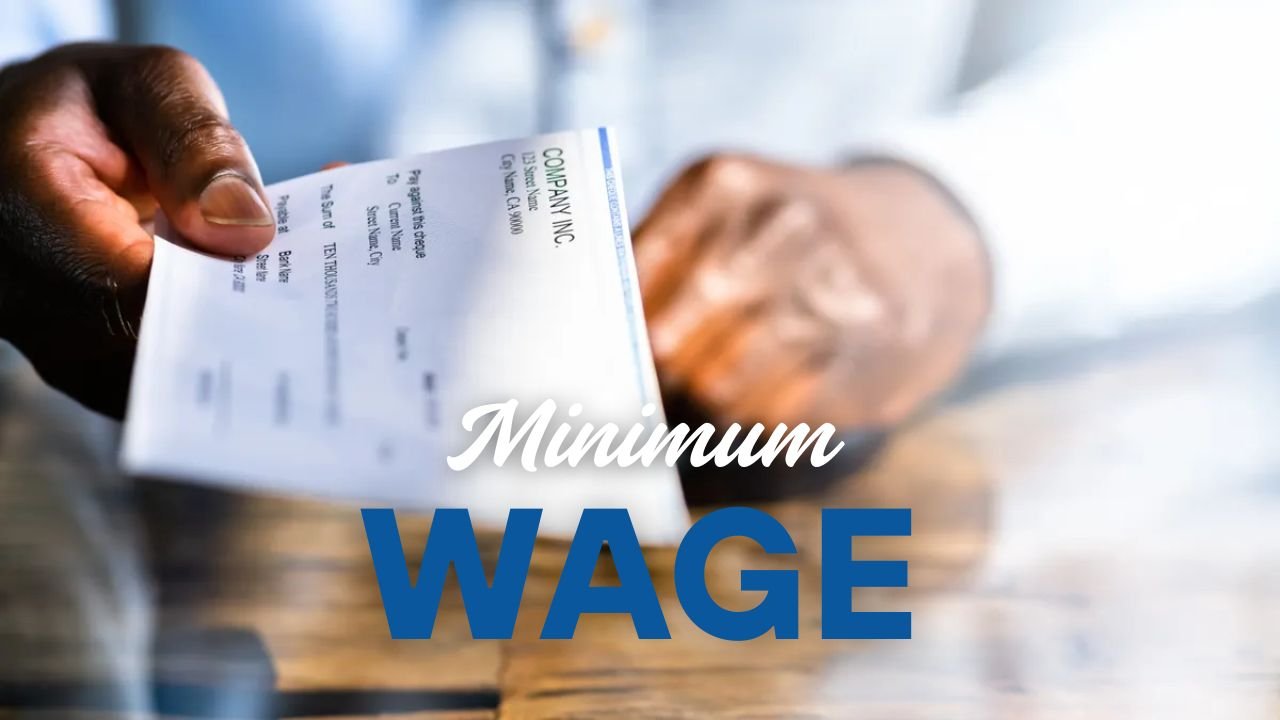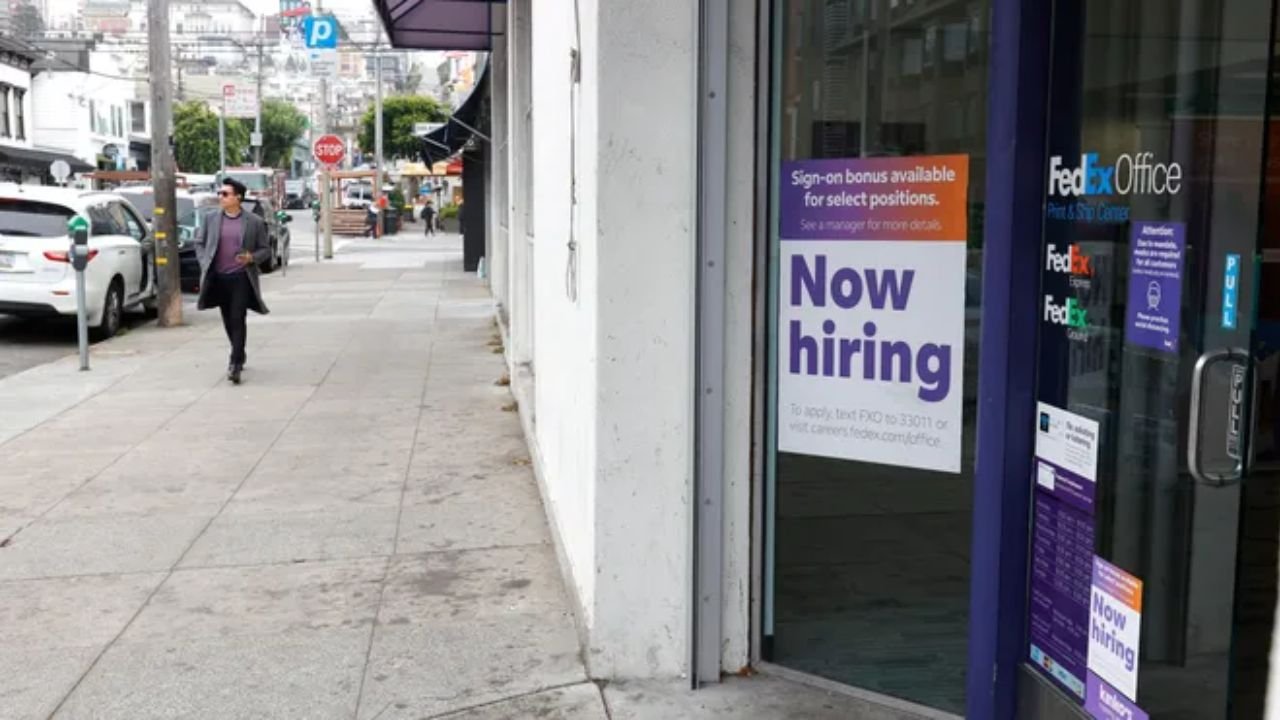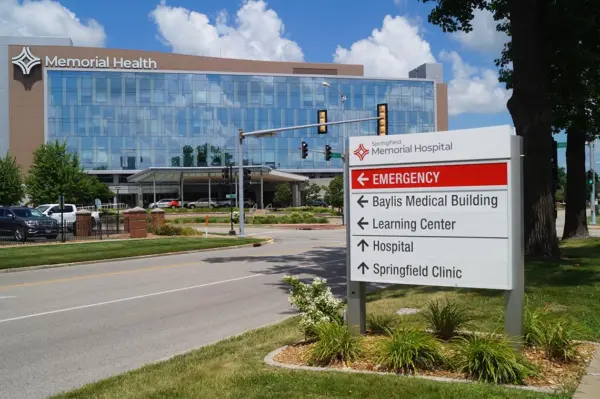ILLINOIS — Illinois’ recently passed $55.2 billion state budget is under renewed scrutiny for failing to address major structural issues in its tax policy — a shortfall that critics say leaves billions in potential revenue untapped and core services underfunded.
Core Budget Funds Education, Healthcare — But Falls Short in Real Terms
Roughly $16 billion of the newly passed budget goes toward mandatory spending, including bond debt and health insurance for state workers. That leaves $39 billion for education, healthcare, public safety, and social services — the central programs families across Illinois rely on.
However, fiscal experts warn that even with these allocations, Illinois’ core services will receive 12% less in inflation-adjusted dollars compared to fiscal year 2000.
K-12 and Higher Education Still Behind Needs
The state’s evidence-based funding formula for K-12 schools received a $307 million increase — short of the $350 million originally proposed. This means Illinois will still fall $2.7 billion short of what’s required to ensure adequate education access statewide.
In higher education, appropriations for FY2026 remain 42% below 1999 levels when adjusted for inflation — raising alarms among advocates for college affordability and workforce readiness.
Missed Opportunity: Taxing Services Like Neighboring States Do
Ralph Martire, director of the Center for Tax and Budget Accountability, argues Illinois is “leaving money on the table” by maintaining a tax system that doesn’t adequately reflect the modern economy.
Martire and other experts say the state should follow the example of Iowa and Wisconsin, which tax a broader array of consumer services — such as legal advice, haircuts, and entertainment services. Expanding the service tax base could generate billions more in revenue without raising existing tax rates.
“Illinois’ narrow tax structure forces the state to underinvest in essential services,” Martire explained, urging lawmakers to adopt reforms that match today’s service-driven economy.
Political Headwinds and Public Frustration
The General Assembly has historically avoided service tax expansion due to political concerns, with critics warning that current trends are unsustainable without structural reform.
While some residents applauded budget increases in key sectors, many are frustrated that urgent issues like the $771 million fiscal cliff facing the Regional Transportation Authority went unaddressed entirely in this year’s plan.
Call for a Long-Term Vision
Fiscal watchdogs and policy think tanks are pressing lawmakers to look beyond short-term patches and craft a comprehensive tax modernization plan. Without these changes, they argue, Illinois will continue to face recurring funding crises that leave schools, transit, and public health systems struggling.
Do you think Illinois should expand service taxes like neighboring states to fund schools and transit? Share your thoughts on ChicagoSuburbanFamily.com.

